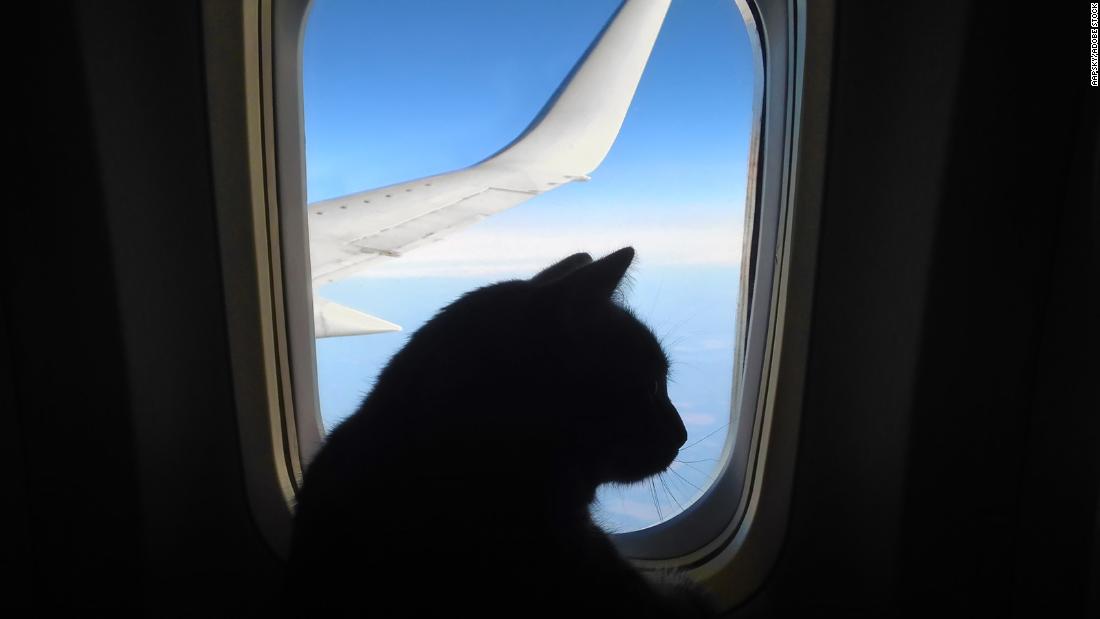Despite suffering life-threatening injuries in the Nov. 4 attack, Casper has since recovered and returned home Wednesday, Wierwille said. The fearless sheepdog has emerged as a hero across the internet.
“It was chaos,” Wierwille, 55, told The Washington Post. “It was not how we wished things had gone, but we’re glad he made it. He was doing his job, and that’s what I think everybody appreciates about him.”
Wierwille began herding sheep a dozen years ago. Since retiring at age 50, the former pastor created a shepherding company, Ewe Can Do It Naturally. He now leases to neighbors about 300 sheep that eat and remove dangerous plants, such as poison ivy and oak.
To protect his sheep, Wierwille adopted six Great Pyreneeses, which were bred centuries ago to defend farm animals and can weigh more than 100 pounds. In late September, Wierwille saw a Facebook post from a farmer advertising Casper, who was named after the friendly ghost for his white fur.
Wierwille said his new dogs usually feud with his sheep. But when 85-pound Casper arrived at the quarter-acre yard in Georgia, he instead gathered the sheep and laid his head on the smallest one. When Casper met Wierwille’s 30 chickens, he ran around the coop with them.
“It was to say, ‘I got you. You’re mine now,’” Wierwille said.
When Wierwille heard the coyotes yipping last month, he said his six dogs had herded five sheep into a corner of the fence for protection. Casper, who Wierwille said had never been aggressive toward other animals, stood at the front of the pack, watching the 11 coyotes.
As Wierwille began sprinting back toward his house to grab boots and a broom, he saw Casper jump the green fence. The dog bit the coyotes’ heads, Wierwille said, and threw their bodies over his shoulder. Wierwille is unsure if the coyotes attacked first or if Casper was trying to defend his partner, Daisy, who was pregnant with eight puppies.
John Heldrich, the founder of Great Pyrenees Rescue of Atlanta, said Great Pyreneeses usually scare away predators by barking and howling. But if they feel threatened, Great Pyreneeses can be among the fiercest dogs, Heldrich said.
“They won’t stop until they feel that their family’s safe,” he added. “They will give up their lives for their family, so to speak.”
Casper went missing for two days after the coyote attack. Wierwille feared the dog had died, until Casper emerged from the chicken coop the morning of Nov. 6.
The dog was in bad shape. His tail had been ripped off, his ears torn and his body covered in wounds. Wierwille brought Casper to a veterinarian, who said he was in critical condition.
“The vet had some pretty serious conversations with us about whether or not [treatment] was worth it for him,” Wierwille said, adding: “But … [Casper’s] not a normal dog. He’s tough, and he’s got a purpose, and he probably wants to get back to it.”
LifeLine Animal Project, a nearby shelter, raised enough to cover $15,000 in medical fees to amputate Casper’s tail and repair deep puncture wounds and patches of torn skin.
Casper will require at least two more months of recovery before he can guard the sheep, so he’s adjusting to life as an inside dog, Wierwille said. Casper wagged his stump of a tail when he was reunited with Wierwille on Wednesday.
“We have to figure out what his new purpose will be,” Wierwille said. “It’s been a long road, and there’s a lot more road to go for us, but we’ll do it together. I’m glad to have him.”
